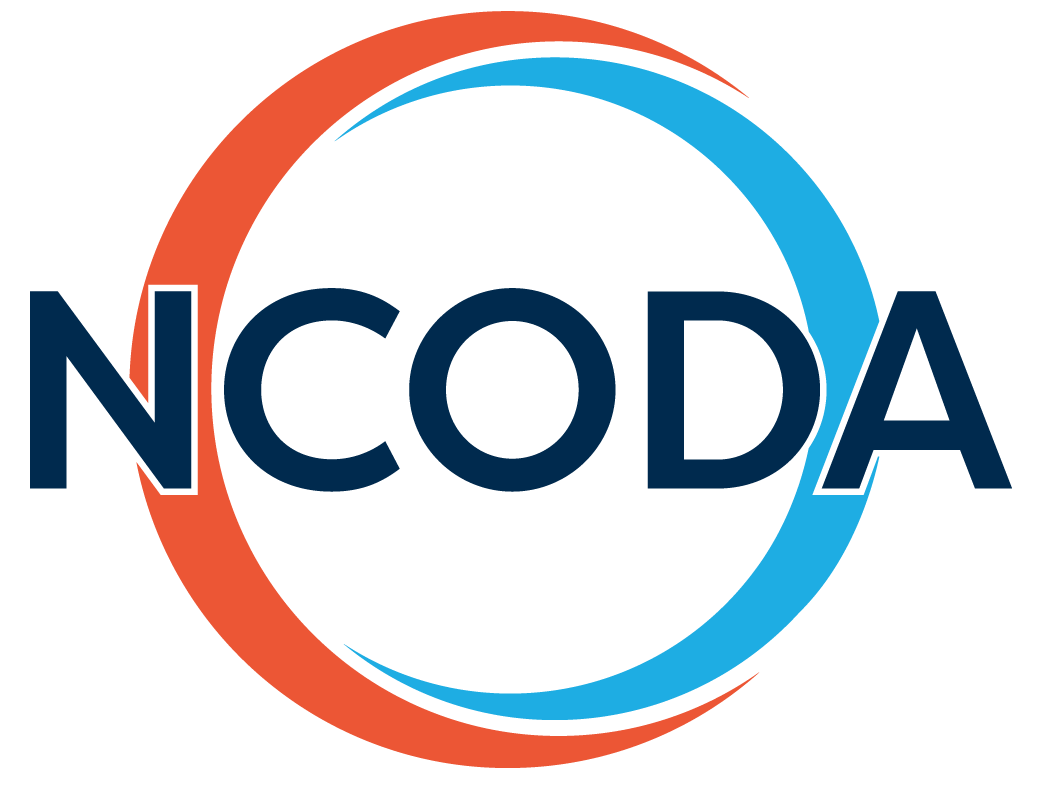2026 International Spring Forum
April 15, 2026 | 12:00 PM EST
Recently Published PQIs
PQI
PQI: Abiraterone acetate (Yonsa®) Patient Selection and Management
June 12, 2024
PQI
PQI: Elranatamab (Elrexfio) for the Management of Relapsed/Refractory Multiple Myeloma
August 3, 2025
PQI
PQI: Enfortumab Vedotin-ejfv (Padcev) and Pembrolizumab (Keytruda) Management for Advanced or Metastatic Urothelial Carcinoma
July 29, 2025
Browse All PQIs
PQI
PQI
PQI
PQI
PQI
PQI
PQI
PQI
PQI
PQI
FAQs
NCODA’s PQIs foster better care for patients through appropriate patient identification, treatment selection, increased speed to therapy, reduced cost and hospitalization, and improved adherence techniques for the patient and their medically-integrated teams.
PQIs are authored by practicing oncology healthcare professionals based on clinical data, prescribing information, and practical experience. The content is further reviewed and refined by members of the PQI Review Committee comprised of NCODA members who are also actively involved in patient care.
The PQI is a tool used to share best practices in oncology care. Consider this standardized, peer-reviewed clinical guidance for oncology healthcare teams, enabling care professionals to consistently deliver high quality care to patients.
Positive Quality Interventions (PQIs), one of NCODA’s Quality Standards, are designed to standardize oncology practices and support positive clinical outcomes. We invite professionals from every sector of oncology to contribute relevant topics to this growing body of knowledge. Together, we can better serve all patients living with cancer.
PQIs are created and written by subject matter experts. If you have a relevant topic that highlights a specific aspect of cancer patient care, please contact us for consideration of authorship and incorporation into our library of best practices.












































